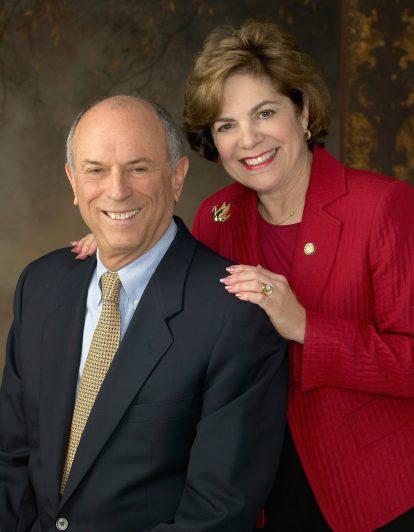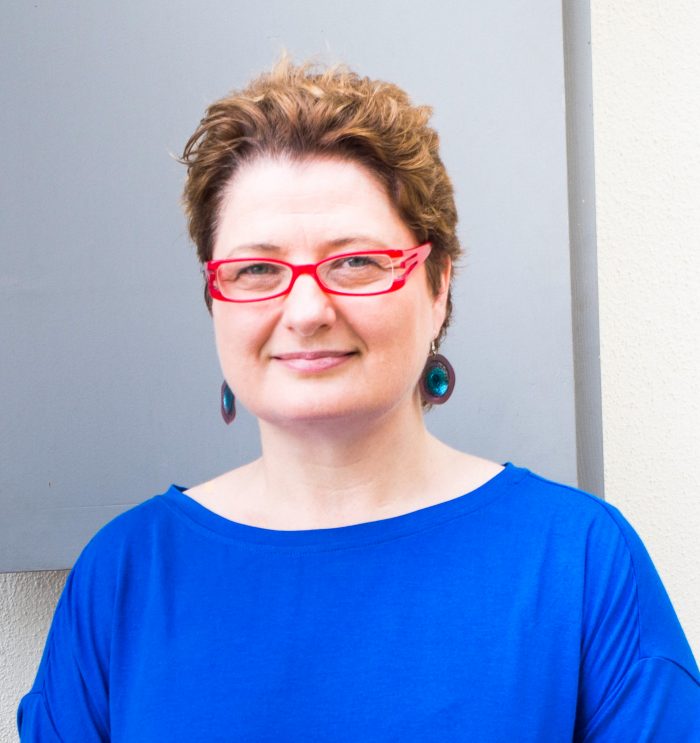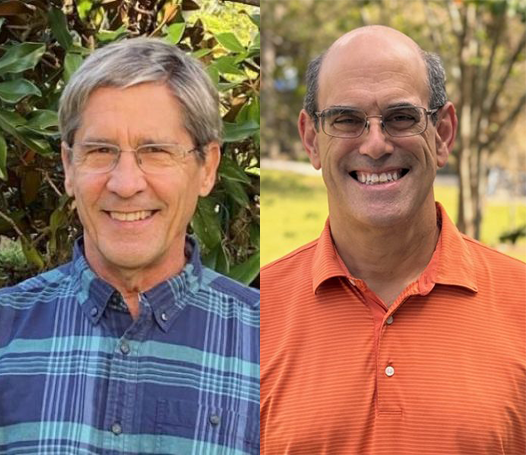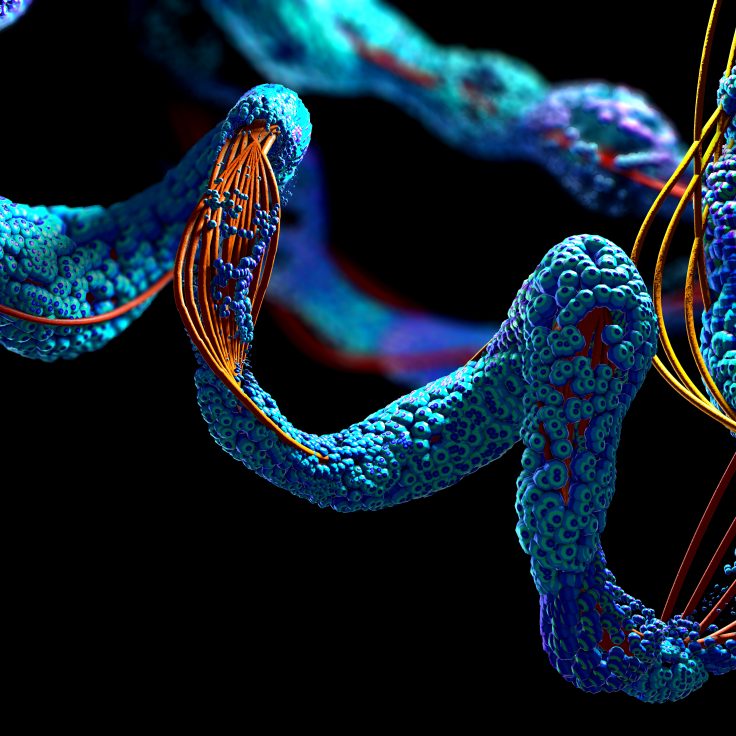Center for Jewish Studies Receives Gift to Fund Holocaust Studies Professorship
Natalia Aleksiun, PhD, to be first chairholder

Thanks to a recent endowment, the Center for Jewish Studies at the University of Florida will become a world leader in researching and teaching one of history’s darkest moments.
The Harry Rich Professorship in Holocaust Studies, created in 2020, will support a new faculty position in the field. The first chairholder will be Natalia Aleksiun, a specialist in Polish Jewish history and the Holocaust in Eastern Europe who holds PhDs from the University of Warsaw and from New York University.
The endowment is generously funded by David and Nan Rich, both University of Florida alumni. It is named for David’s late father, Harry, who arrived in the United States from Poland in 1923 and whose five sisters were among those killed in the Holocaust.
David ’60 graduated with a degree in Business Administration. Nan ’61, who majored in English, served in the Florida House of Representatives and the Florida Senate, becoming the first woman to be elected Senate minority leader. Today Nan is serving her second term as Broward County Commissioner. President Bill Clinton appointed her to the board of the United States Holocaust Memorial Museum in 1999.
“David and Nan Rich have been engaged friends of our center for a very long time,” said Norman J.W. Goda, the Norman and Irma Braman Professor of Holocaust Studies and Director of the Center for Jewish Studies. “They take great interest in what we do. This endowment is critical. It galvanizes and strengthens the expertise that we have amongst our faculty, and it automatically makes the center and the University of Florida a national leader in Holocaust research.”
The addition of Aleksiun to the University of Florida, Goda said, is “a transformational hire for the center.”
Having just completed a book on Jewish historians writing Polish Jewish history on the eve of World War II, Aleksiun is now at work on a new book on Jews seeking to survive the Holocaust by going into hiding in Eastern Galicia, which is now in Ukraine. Her research focuses on the relationships between Polish and Ukrainian neighbors and on daily life in hiding under assumed non-Jewish identities. She hopes her work will “delve into a communal genocide from an intimate perspective of families and individual survivors.”

Aleksiun is looking forward to starting her work at the center, noting that she has long been familiar with its scholars. “Together we will have great potential to become a true center of Holocaust research, pushing the boundaries of how the destruction of Europe’s Jews is understood and taught,” she said.
Undergraduate teaching remains central. Antisemitic incidents, some violent, have been on the rise globally. A national survey by the Conference on Jewish Material Claims Against Germany in September 2020 revealed that more than half of adults under 40 do not know that 6 million Jews were murdered, and many accept Holocaust denial posts online. The Rich endowment ensures that the destruction of East European Jewry will be taught, along with the contemporary antisemitism that leads to Holocaust denial and distortion.
“When UF alumni ask me whether I think the Holocaust will be taught in 50 years, they expect an answer of yes,” Goda said. “But in truth there is no guarantee that what is taught today will be taught tomorrow. An endowment on this level reflects a commitment to the subject regardless of political winds.” Goda notes that many students who engage in Holocaust studies want to understand how the Holocaust occurred. But they also see themselves as citizens of the world who have a responsibility to approach an understanding of authoritarianism and genocide.
Established in 1973, the Center for Jewish Studies teaches a diverse group of students every year. Along with courses on the Holocaust, the center promotes the academic study of Jewish culture, history and politics for all students at the University of Florida. Students can take individual classes or certificate programs consisting of 18 credit hours in a given area, and the center also offers a major and a minor program. The center’s curriculum and its public events encourage critical thinking, textual analysis, research, oral argumentation and writing.
To learn more about the Center for Jewish Studies — including details on virtual events and to subscribe to the center’s newsletter — visit: jst.ufl.edu.
This story appears in the fall 2021 issue of Ytori magazine. Read more stories from the issue.


